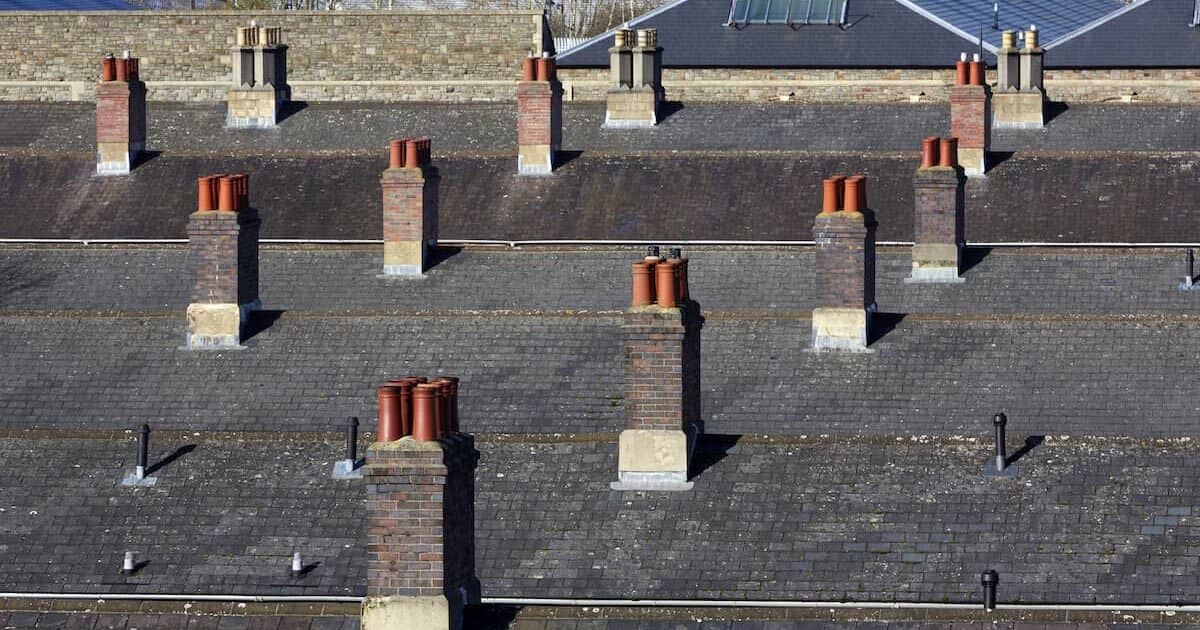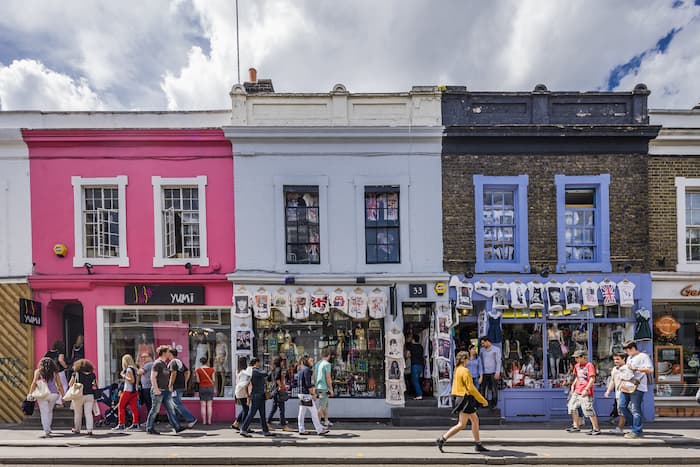Finding the ideal commercial property
However, while the lure of more space and increased business opportunities might be an attractive proposition for some, there are several important considerations to be made before settling on a property. From finding the perfect location to settling on mortgage terms, finding a commercial property that meets both your personal and business needs can be challenging.
Here, we break down the most important areas to consider before buying or leasing a commercial property.
Location
Before committing to a commercial property for your business, you should carefully consider its location. What are you using the property for? Will clients be visiting the premises? Is parking essential? Does the area reflect your company’s ethos and brand image? These are just some of the questions you’ll need to think about before signing your name to a new lease or mortgage.
In general, central locations are most desirable, due to their accessibility and growing property value projections. However, as inner-city properties are usually much more expensive than those which are out-of-town, you’ll need to make sure you have a substantial budget set aside to pay for it. For small businesses and start-ups especially, a centrally-located property could be uneconomical.
The industry you work in should also influence where you locate your commercial property. Retailers and/or production companies, for instance, do best when close to customers and suppliers, while communications businesses, who usually operate wholly online, could choose a more remote location in order to save money. Similarly, if your company needs plenty of storage, you may have to look beyond densely populated city centres.

Mortgage
While renting is the preferred option for start-ups who don’t have any immediate plans to expand, taking out a commercial mortgage can be a more attractive long-term proposition for businesses that are rapidly expanding and have a healthy cash flow.
Saving for a deposit
If you plan to take out a commercial mortgage, then you will need to consider how much money you have available for a deposit. Typically, mortgage-lenders will ask for a deposit of between 20-30 per cent of the value of your property. They are likely to ask to see a business plan and cash flow projections to better understand your expansion plans.
Knowing how your business will manage repayments helps lenders pin down potential cash flow concerns. For instance, if your commercial property requires a deposit which is currently out of your reach, but which you may be able to manage in the future, then your lender may suggest sub-letting instead.
Additional fees
Along with paying a deposit upfront, you should expect and prepare for additional costs, such as arrangement fees, valuation fees, broker fees, legal fees and Stamp Duty Land Tax (SDLT), which increases for non-residential properties.
Arrangement fees are usually around 1-2 per cent of the property’s value, while valuation fees usually start at around £500 for commercial properties (although this varies depending on the type of property you choose). Broker fees similarly vary, although between 4-6 per cent of the property’s sale price is common. For SDLT, business owners usually pay between 1-4 per cent of the property’s sale price in stamp duty (if the property is valued at more than £150,000).

Finances
Unlike residential properties, the lender will want a detailed account of your company’s finances before agreeing on a mortgage. Therefore, it is crucial that you and your business are in a strong financial position before you undertake any new property purchase.
Along with ensuring you have enough cash for a deposit and mortgage repayments, business owners should budget for any add-ons. The cost of new furniture and equipment, decorating, telecoms installation, repairs, cleaning, utility bills and safety maintenance are all extra costs which businesses need to prepare for. It is therefore crucial to have extra money put aside for any unanticipated costs and to ensure that all inevitabilities are accounted for when showing a mortgage lender your business plan.
Insurance
Anyone who owns a property for business purposes will need adequate commercial property insurance.
There are two types of cover business owners can get: buildings insurance and contents insurance. Business building insurance typically covers the repair or rebuild of your property in the event of damaging circumstances, such as fires, floods, burst pipes, or theft, while contents insurance covers your property inside the building, such as computer equipment, furniture etc. It’s also possible to insure other elements which do not strictly belong to the building, such as fixtures and fittings.
For more information about the types of business insurance you will need, take a look at our commercial landlord insurance options or call us today to speak to one of our friendly advisers.


















